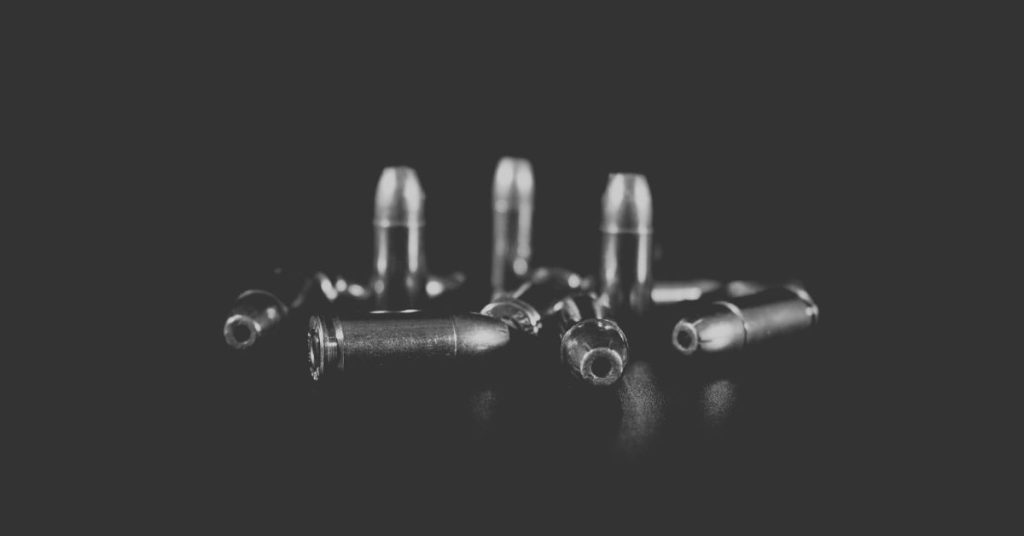Most people don’t worry much about bullet weight for casual shooting. As long as they have the right cartridge they often disregard the number of grains a bullet consists off.
However, if you are a serious shooter weight is an important variable. It determines recoil, accuracy and ballistics.
You’ll also find that ammunition boxes might not always contain the weight of the bullet apart from being labelled as 380 auto ammo for example. Its specific name identifies the cartridge weight. Doing an online search or asking the manufacturer or ammo dealer will give you the correct weight.
Each caliber has common bullet weights suitable for almost anyone’s needs although manufacturers have loads for specific applications. The following is a simple guide for choosing weights for different reasons.
Casual Shooting
Shooting for fun and casual shooting does not require specific weights. We recommend buying ammo that functions well and suits your budget.
Maximum Accuracy Shooting
Maximum accuracy shooting requires specific bullet weights for several reasons. Specific guns require specific weights in order to deliver accurate shooting.
Often you will find people experimenting with different weights for their guns until they are happy with the result. Long range rifle shooting enthusiasts in particular also take the barrel length into consideration when looking for the most suitable weight.
Hunting and Self-Defense
Hunting and self-defense bullet weights have various factors which determine the effectiveness against a living target. Any caliber gun has bullet weights with great track records and others which are simply a “bad” bullet.
Penetration and expansion characteristics are factors which are also considered for hunting and self-defense bullets. It’s not enough to simply consider the caliber, velocity and weight. In this regard, weight is not the deciding factor in the efficacy of the bullet.
Many think that bullet weight and recoil goes hand-in-hand, but that is not always the case. You might think that a light weight bullet will deliver less recoil. However, simple physics dictates that recoil impulse would be less.
It is also possible for lightweight bullets to fly at greater velocity, therefore delivering an even higher recoil rate than a slower moving heavier bullet.
On the other hand the heavier bullet might deliver more recoil especially when using fast burning propellants. It is impossible to determine recoil rates simply by looking at the bullet weight alone as other factors affect it as well.

